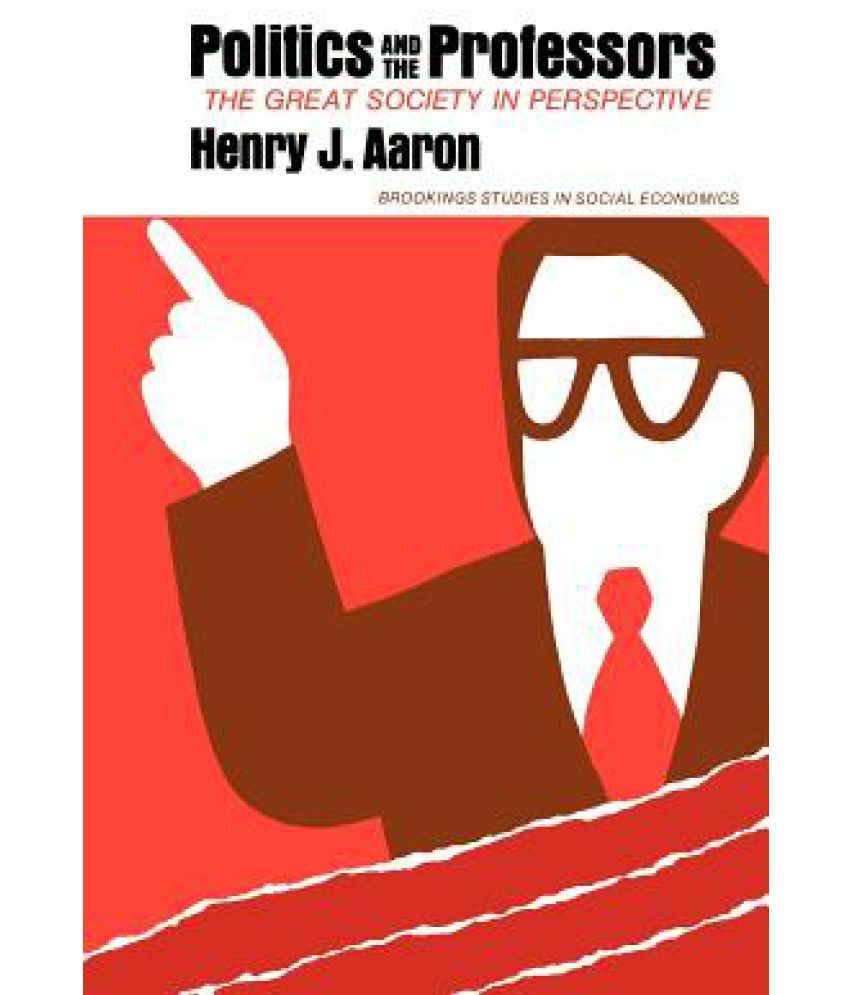Something went wrong. Please refresh the page and try again.
Something went wrong. Please refresh the page and try again.
Notifications can be turned off anytime from settings.
Item(s) Added To cart
Qty.
Something went wrong. Please refresh the page and try again.
Something went wrong. Please refresh the page and try again.
Exchange offer not applicable. New product price is lower than exchange product price
Please check the updated No Cost EMI details on the payment page
Exchange offer is not applicable with this product
Exchange Offer cannot be clubbed with Bajaj Finserv for this product
Product price & seller has been updated as per Bajaj Finserv EMI option
Please apply exchange offer again
Your item has been added to Shortlist.
View AllYour Item has been added to Shopping List
View AllSorry! Politics and the Professors is sold out.


You will be notified when this product will be in stock
| ||||||||||||||
Brief Description
In the early 1960s America was in a confident mood and embarked on a series of efforts to solve the problems of poverty, racial discrimination, unemployment, and inequality of educational opportunity. The programs of the Great Society and the War on Poverty were undergirded by a broad consensus about what our problems as a nation were and how we should solve them. But by the early seventies both political and scholarly tides had shifted. Americans were divided and uncertain about what to do abroad, fearful of military inferiority, and pessimistic about the capacity of government to deal affirmatively with domestic problems. A new administration renounced the rhetoric of the Great Society and changed the emphasis of many programs. On the scholarly front, new research called into question the old faiths on which liberal legislation had been based.
In this book, the sixteenth volume in the Brookings series in Social Economics, Henry Aaron describes both the initial consensus and its subsequent decline. He examines the evolution of attitude and pronouncements by scholars and popular writers on the role of the federal government and its capacity to bring about beneficial change in three broad areas: poverty and discrimination, education and training, and unemployment and inflation. He argues that the political eclipse of the Great Society depended more on events external to itwar in Vietnam, dissolution of the civil rights coalition, and, finally, the Watergate scandal and all its repercussionsthan on its intrinsic failings. Aaron concludes that both the initial commitment to use national polices to solve social and economic problems and the subsequent disillusionment of scholars and laymen alike rest largely on preconceptions and faiths that have little to do with research themselves."
The images represent actual product though color of the image and product may slightly differ.
Register now to get updates on promotions and
coupons. Or Download App